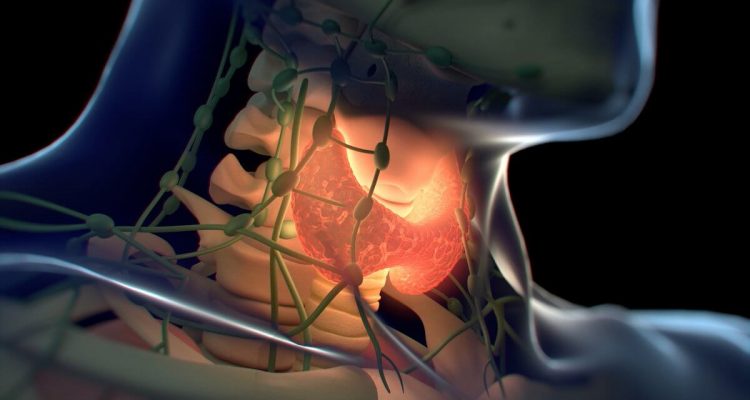
Why is excessive or insufficient thyroid activity dangerous for humans?
0
The thyroid gland is a butterfly-shaped organ located at the base of the neck. And the thyroid gland is responsible for many functions in the body.
If your thyroid gland is not working as it should, you will have problems with your heart rate, blood pressure, weight, and body temperature.
Hyperthyroidism occurs when the thyroid gland is overactive. Symptoms include unintentional weight loss, fast or irregular pulse, palpitations, extreme hunger, anxiety, nervousness, irritability, tremors, sweating, menstrual changes, extreme sensitivity to heat, changes in bowel habits, goiter (enlarged thyroid gland), muscle weakness, fatigue, sleep problems, brittle and thin hair, thinning skin, etc.
Hyperthyroidism can lead to heart disease, osteoporosis, vision problems, and the skin can become swollen and discolored.
Hypothyroidism is a condition in which the thyroid gland does not produce enough hormones. As a result, you may suffer from fatigue, increased sensitivity to cold, constipation, dry skin, weight gain, hoarseness, muscle weakness, high cholesterol, depression, memory problems, and other health problems. Over time, all this will lead to obesity, joint pain, cardiovascular disease, and peripheral neuropathy.









Leave a Reply